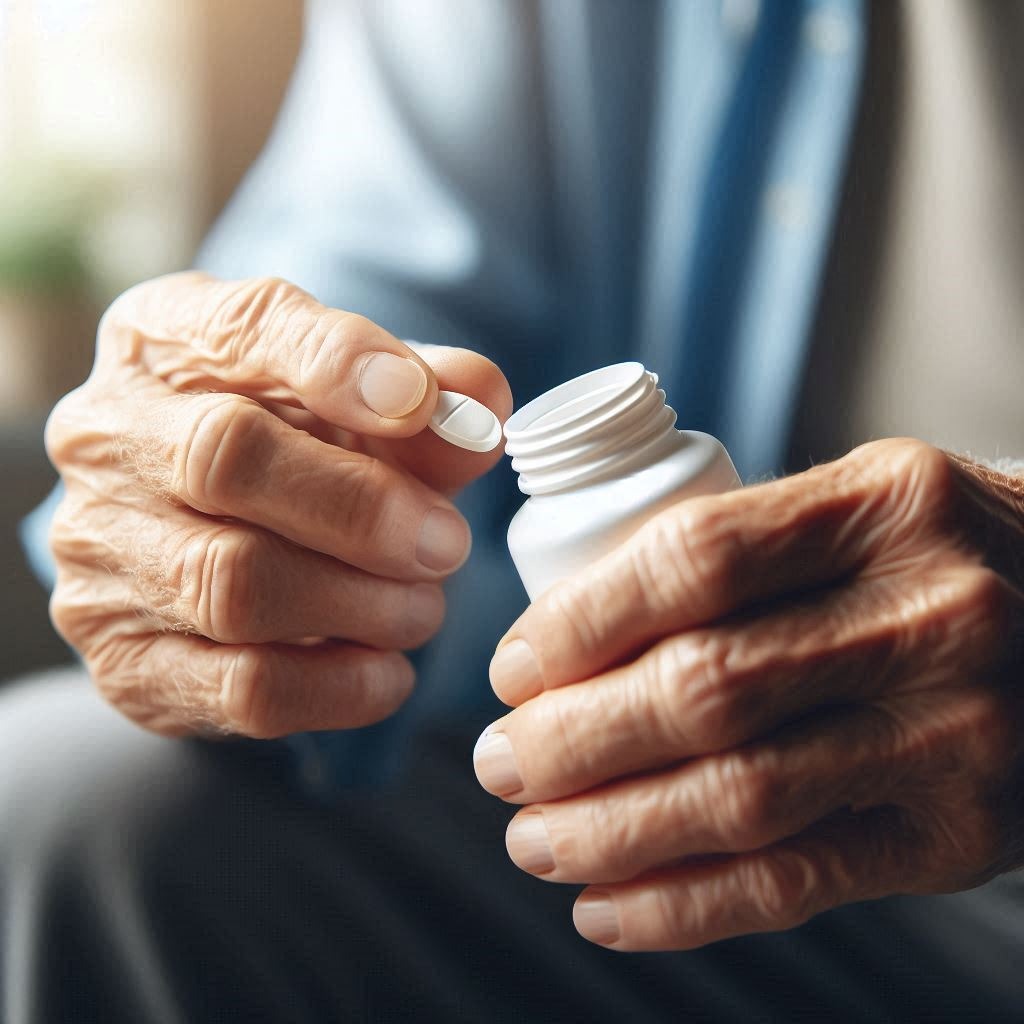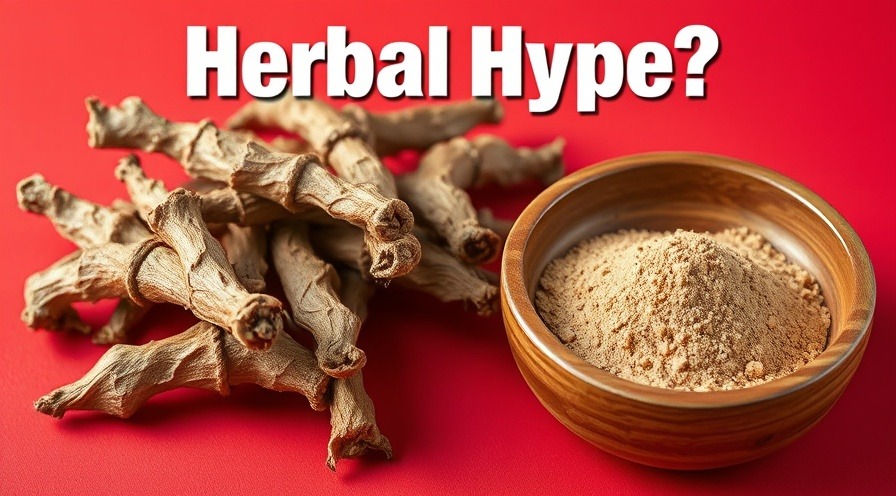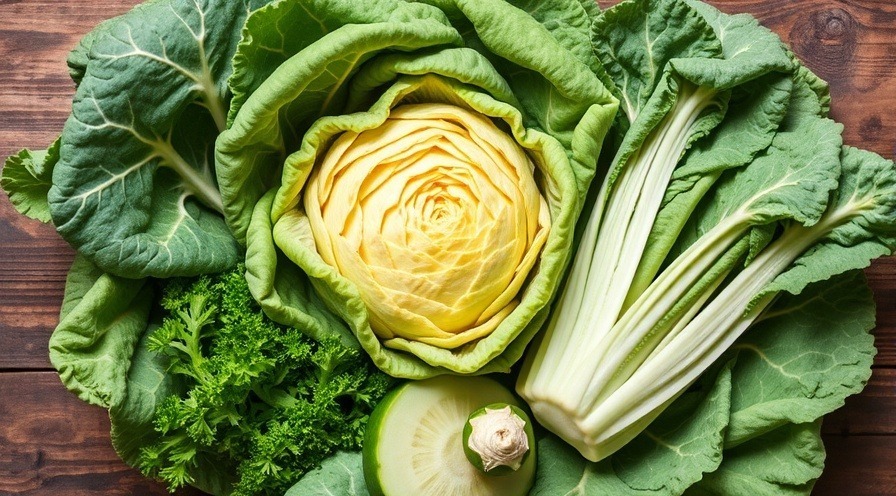
Unlocking Potential: Metformin and Blood Cancer Prevention
In a groundbreaking discovery, scientists from the University of Cambridge have unveiled that metformin, a widely prescribed medication for type 2 diabetes, may also play a critical role in preventing acute myeloid leukemia (AML). For many individuals managing diabetes, this revelation not only signals hope but demonstrates the incredible potential for existing medications to be repurposed for different health issues.
A Closer Look at Blood Cancer Risks
Blood cancers, such as AML, present unique challenges. Unlike other cancers that may be excised surgically, blood cancers require a different approach: prevention and treatment that can address the systemic nature of the disease. Professor Vassiliou, who co-led the research, highlights the importance of identifying individuals at risk of AML and deploying proactive treatments like metformin to curb cancer development.
Understanding the Science Behind Metformin
Research has revealed that metformin disrupts energy production in pre-cancerous cells, teaching us more about the underlying mechanisms of cancer progression. The genetic mutation in the DNMT3A gene is found in a significant portion of AML cases, and metformin has shown promise in reversing some of the detrimental effects of this mutation. By analyzing health data from over 412,000 participants in the UK Biobank, researchers demonstrated that metformin users displayed fewer changes in the DNMT3A gene than non-users, shedding light on its potential protective role.
The Comfort of Safety: Metformin's Track Record
One of the most compelling aspects of this discovery is metformin's established safety. It has been used by millions worldwide with minimal side effects, paving the way for quicker repurposing into AML prevention strategies. Dr. Rubina Ahmed, Director of Research at Blood Cancer UK, points out that utilizing existing medications means we can provide urgent solutions without the lengthy development periods associated with new drugs.

Real-Life Implications and Takeaways
This breakthrough is more than just an academic achievement—it's a beacon of hope for those at risk of blood cancers. Understanding that a familiar medication could have an expanded role reassures patients and health enthusiasts alike. Those managing diabetes can be heartened to know that their treatment might serve dual purposes. Empowered with this information, individuals can engage more actively in their health conversations with their doctors.
Future Directions: A New Era in Cancer Prevention
The implications of these findings are vast. As researchers continue to explore how metformin and other commonly used drugs can be leveraged for cancer prevention, there remains a need for clinical trials to determine the most effective strategies. Harnessing the properties of existing medications could potentially reshape our approach to cancer treatment—focusing on prevention rather than reactive care.
Join the Movement To Stay Informed
As we await further developments, it’s essential for individuals to stay informed and proactive. Whether you're managing diabetes or simply interested in cancer prevention, engaging in discussions with healthcare providers can contribute significantly to personalized health strategies. Stay tuned for emerging research and consider how you can incorporate actionable health practices into your daily routine.
 Add Row
Add Row  Add
Add 




Write A Comment